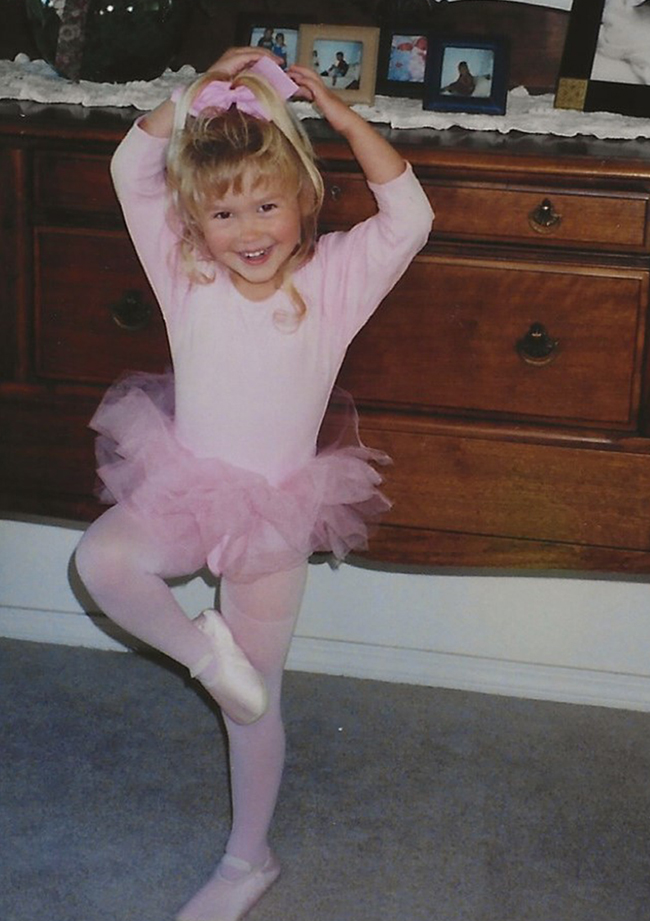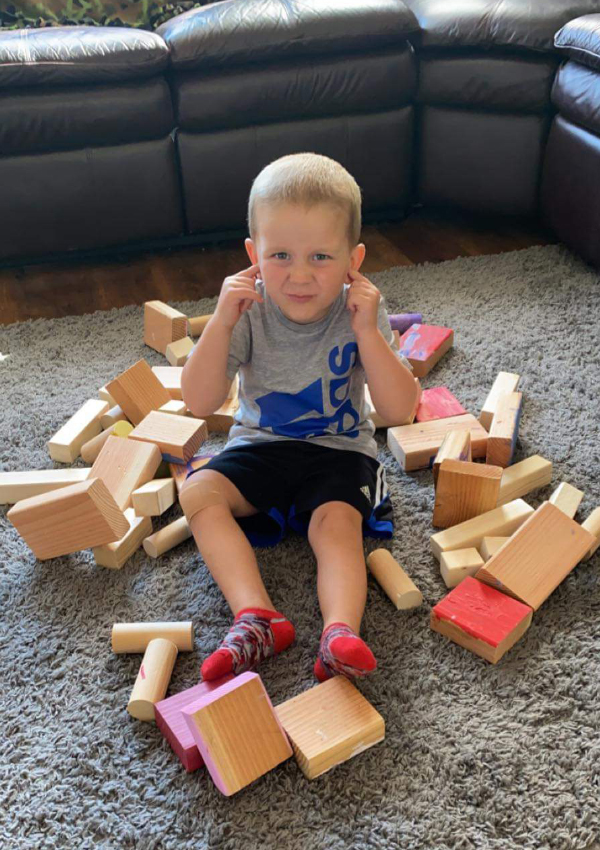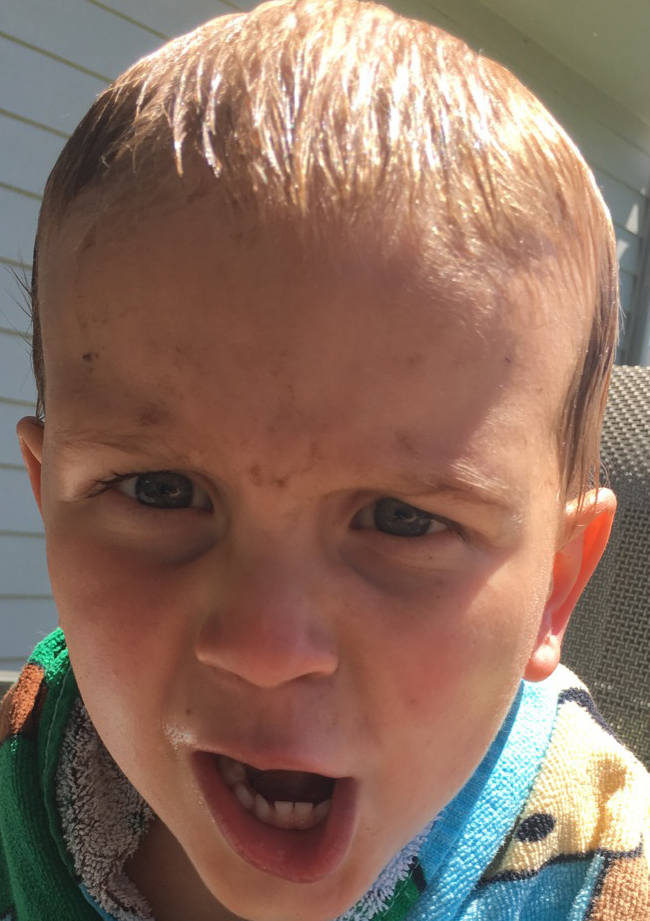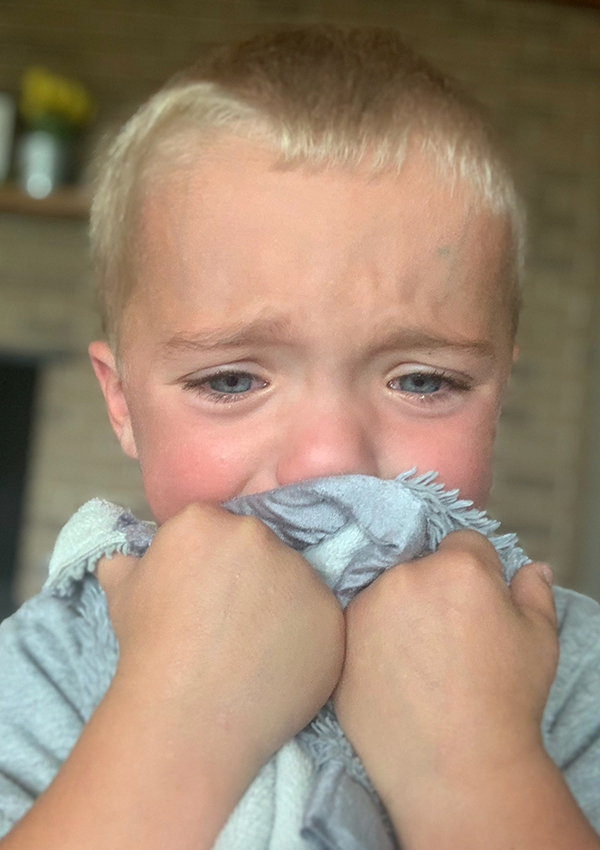Logical Consequences- Halloween Edition
The word consequence is generally viewed with a negative connotation. A consequence, by definition, is merely a result or effect of an action or condition. It is not necessarily good or bad. The consequence of eating too much is you feel full. The consequences of driving in the rain are wet tires. Not good or bad. Just how it is.
The power in distinguishing that a consequence is a result of your actions (a choice you have made), vs something that someone else is doing to you, is an important one. It is the difference between taking ownership or placing blame elsewhere. The former promotes a lifetime of accountability, personal responsibility, confidence, and happiness.
Since our daughter’s birthday was on Saturday, and with Halloween also being this month, I thought it was the perfect time to share an anecdotal story from her childhood that illustrates my point. When thinking about this I had originally thought Presley was 3 years old, but when I went looking for the picture from the year I was planning to write about, she had actually just turned 4.

The day of Halloween in 1996 Presley had been a turkey all day. It was 24 years ago so I do not remember exactly what she had been doing that I didn’t appreciate, but I do remember that it felt non-stop and beyond what I was prepared to continue to deal with. So much so that at some point during the day I told Presley that if she did not stop what she was doing, she would not be able to Trick-or Treat that night.
I know plenty of parents who have threatened their children with consequences with similarly high stakes, but a high percentage of them do not follow through… This is why I did and would again; I have never been in the habit of saying I was going to do something (“good” OR “bad”) that I did not follow through on. Sure I have reconsidered and made adjustments many times, but when I say “follow through”, I mean; I do what I say I am going to, and don’t change for fear of my children’s reaction. (I once heard that was the definition of a spoiled child. I don’t remember where I heard it, but it has stuck with me.) If your child asks for a cookie right before dinner and you don’t want them to have it because you know they won’t eat as well, but you say ok to avoid the hassle of them being upset…that is spoiled according to that definition. It made sense to me.
One of the ways children learn to trust you is by doing what you say you will do. This is just as true for the things they appreciate and are happy with, as with the things they don’t like and are unhappy with, because the issue is whether or not what you say is REAL. Does it happen like you say it is going to?
If you say you are going to do something and don’t, the next time you say the same thing they will understandably have doubt. The more often you do not do what you say you are going to (OR vice versa) it can lead to a complete lack of trust. They start learning what they know to be true. You don’t mean what you say! This is not just about consequences either. It is about everything. If you say you are going to play with them in 15 minutes but don’t. If you say a shot from the doctor is not going to hurt them and it does. If you say Santa will not come if they are naughty. They will believe you. Until they learn not to… Try not to give them reasons to not trust you!
As we continued our midday on Halloween, Presley continued whatever it was that I had tried to dissuade her from earlier, but to no avail. Believe me when I say that I really, REALLY did not want to take away Trick-or Treating from my darling, spunky 4-year-old! (I mean seriously, look at how cute she is in her costume!) I love Trick-or-Treating with my kids, so it was taking away something from me too. But what I cared about more than missing a yearly event together, was raising a child to be accountable and who believed me when I told her something.
My daughter going Trick-or-Treating that year (or not) was never the point. It was about the message I wanted her to understand regarding cause and effect and what that was going to look like for our family. It mattered because of the big picture, and what my job was as her mom and how it related to her future.
How many years do you think she missed out on Trick-or-Treating? ONE! 1996. That’s it. We never had to revisit what would happen if she were not listening to me on or around Halloween, or any other holiday, function, event, activity, etc. because we had already established that early on.
Do not get me wrong, she definitely missed other things throughout the years, but Presley understood that it was about choices and that there are consequences for choices. (Some good and some not so much…) Sometimes the consequence felt worth it to her, as it does with any of us on occasion. (Want that extra sleep? But now you are running around like a chicken with your head cut off…?) Your choice! This is where the learning happens!
Because I know it will make you feel better to hear this, Presley got to wear her costume and pass out candy at her aunt and uncle’s house while her brother and cousins went Trick-or-Treating. She actually enjoyed it because she was the only kid who got to pass out candy. The goal was not to make sure she had a miserable time on Halloween. It was simply that there was a consequence for her actions. I love that she still enjoyed Halloween! When you assign appropriate consequences, it is not about being punitive, it is about teaching and learning!
Also, you may be wondering “How big a fit did she throw when you told her she wasn’t going Trick-or Treating?” The answer is none. She didn’t like that she wasn’t going, obviously, and we talked about how disappointing it was that she would be missing out, but there was no yelling, screaming, throwing herself down. It would not have changed the outcome and she understood that even at 4. I am well aware that you may experience a very different reaction if you were to invoke a similar consequence. Especially if your child throwing a “fit” has changed what you said you would do in the past to a more favorable outcome for your child. You may actually experience even stronger reactions initially. They might try to hold out until you change your mind again. That is understandable because they are likely confused. They are trying to learn where your new line is. If you can meet those feelings with a calm, validating reassurance about their disappointment, while staying firm in what you said, they will quickly learn the “fit” is not serving them. You are not changing your mind, so there is no need for them to do it. If they continue, it is likely because they still think they have a chance to persuade you. You need to stay the course and over time it will get better. It really will!
The day after Halloween when we went to get groceries at the store where I worked at the time, when my friend Jill rang us up at the checkout and asked the kids how much candy they got, Presley told Jill she did not get any candy because she didn’t get to go. She proceeded to explain, very matter of fact, how she got in “trouble” and could not go Trick-or-Treating but that she was a ballerina and got to pass out candy. Bryer also told Jill about his Halloween experience and then away we went. As early as the very next day it was all over. Everything but the lesson!
Kids have the capacity to understand and accept things better than we do as adults sometimes. We just need to teach and model how to handle disappointment, and trust that our children will rise to the occasion. They can do it if you treat them like they can! Even if they are only 4 years old and it’s Halloween! 😊





